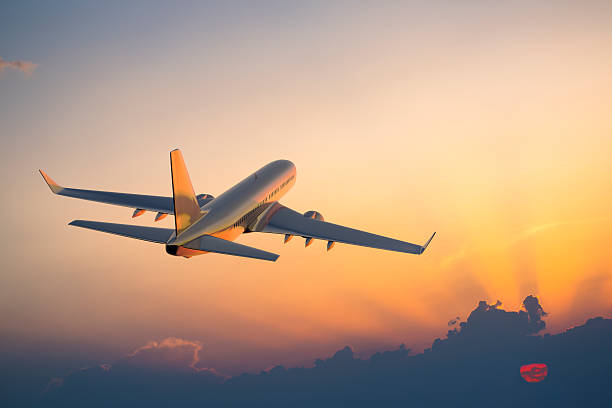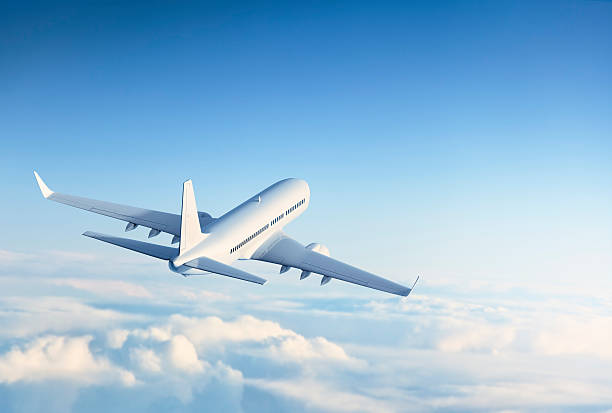In Australia, the Goods and Services Tax (GST) applies to most goods and services, including domestic air travel. GST is a 10% tax on most transactions in Australia, and when you book a domestic flight, this tax is typically included in the advertised fare. For consumers, this means that the price you see for a domestic flight usually encompasses the GST, making it easier for passengers to understand the total cost of their travel. For businesses, it is important to note that GST paid on flights can often be claimed back as an input tax credit, contingent on having a valid tax invoice. Therefore, GST has implications for both individual passengers and businesses when it comes to domestic air travel expenses in Australia.
How GST is Applied to Air Travel
When booking a flight within Australia, the GST is calculated at 10% of the base fare of the domestic flight. The airline is responsible for collecting this tax from the passenger and remitting it to the Australian Tax Office (ATO). The base fare is the cost of the flight before any additional charges, such as baggage fees or booking fees, are added. These extra fees may also attract GST if they are for taxable supplies. It’s noteworthy that the GST applied to air travel is not separated out from the listed ticket price but is, instead, part of the total price displayed to customers, unlike some other countries where taxes are added subsequently to the displayed fares.
Inclusions and Exemptions of GST in Air Travel

Not every charge related to your flight might be inclusive of GST. For instance:
- Government-imposed charges and some airport fees are generally exempt from GST.
- International flights, both inbound and outbound, are not subject to GST.
- Some services provided by the airlines, like in-flight entertainment or premium seating, may also include GST as they are additional services outside the standard transport service.
It’s crucial to distinguish between exempt services and those where GST is applicable to understand where and how much GST you are being charged.
Claiming GST for Businesses on Domestic Flights
Businesses that travel domestically for work-related reasons can claim GST credits for flights taken by their employees. To do so, they must have a tax invoice for the flight, and the purchase must be made in the course of operating their business. The following conditions must be met to claim the GST credit:
- The business is GST-registered with the ATO.
- The flight was specifically for business purposes.
- A proper tax invoice was provided by the airline for the cost of the flight.
It is essential for businesses to keep track of their travel expenses and ensure that proper documentation is kept to streamline the GST claim process during tax time.
Impact of GST on Airfare Prices
The inclusion of GST in the cost of domestic flights does have an impact on the pricing. Airlines typically set their prices to be competitive, inclusive of the tax. This means that the GST is a consideration in the overall pricing strategy for airfares within the Australian market. For passengers, examining the breakdown of a fare to understand the different components, including GST, might provide more transparency, though they generally only see the total cost. For travelers on a budget, it’s important to recognize that the tax component is non-negotiable and contributes to the final expense of their journey.
Navigating the Fare Structure and GST
Fare structures for domestic flights can be complex, with many components making up the final ticket price. Often, these include base fare, carrier surcharges, airport fees, and sometimes, service fees. To better understand how much GST is included in a domestic flight fare, customers may inspect their ticket invoice or summary where the base fare (subject to GST) is usually itemized. Remember that additional services beyond the actual transportation may incur GST too, so if a passenger purchases extras, they should expect that GST is part of the total cost for these services.
Conclusion
In summary, GST is indeed levied on domestic flights in Australia, calculated as part of the advertised price. Both individual consumers and businesses should remain aware of GST’s implications on travel costs. For companies, especially, there is an opportunity to recover GST spent on work-related travel. Understanding how to navigate GST within the context of air travel can help with better budgeting and accurately claiming expenses. As with any tax-related matter, if there is any confusion or difficulty in understanding how GST applies to flight costs, consulting with a tax professional or the airline for a breakdown of the fare could prove to be beneficial.
